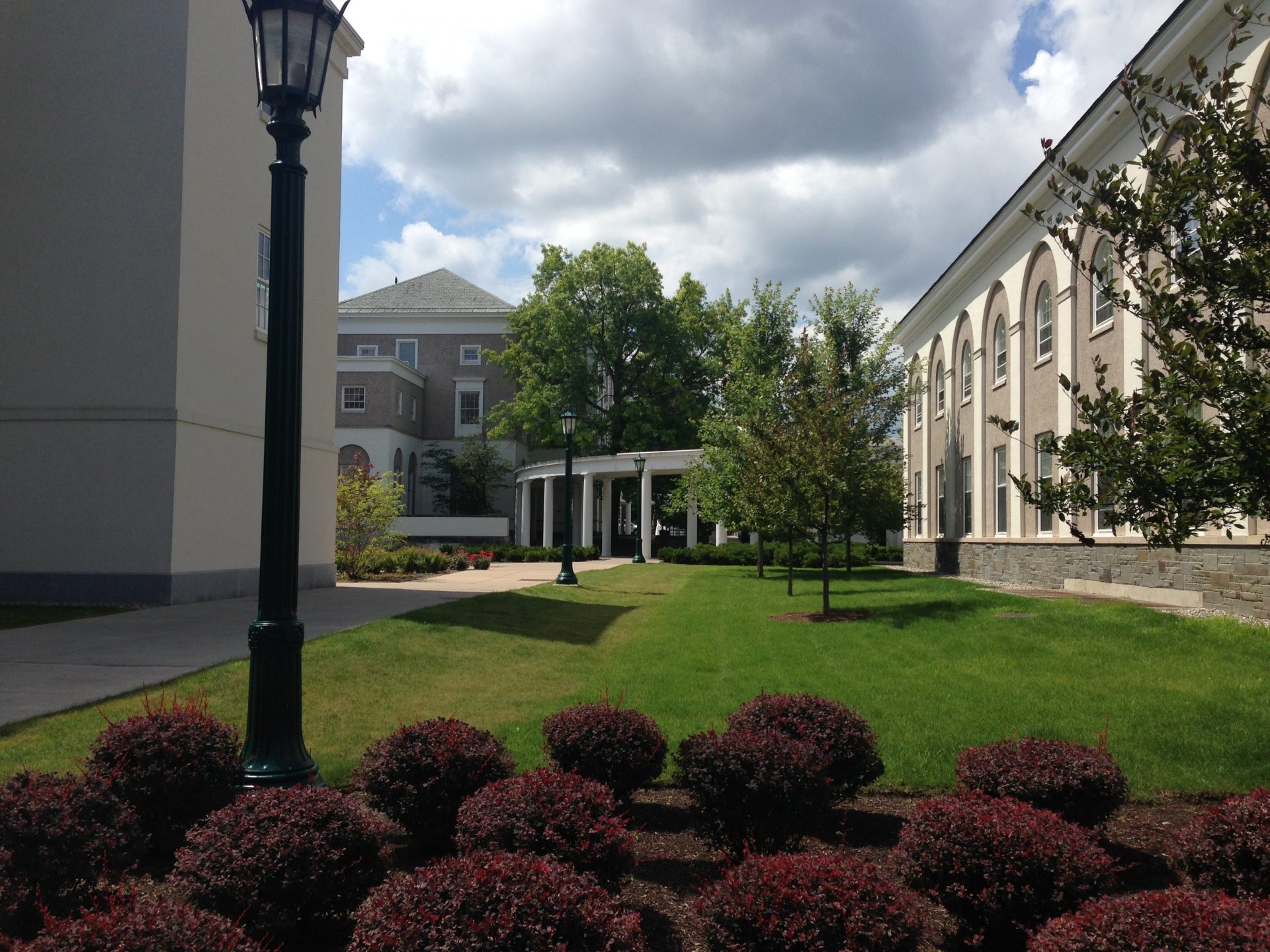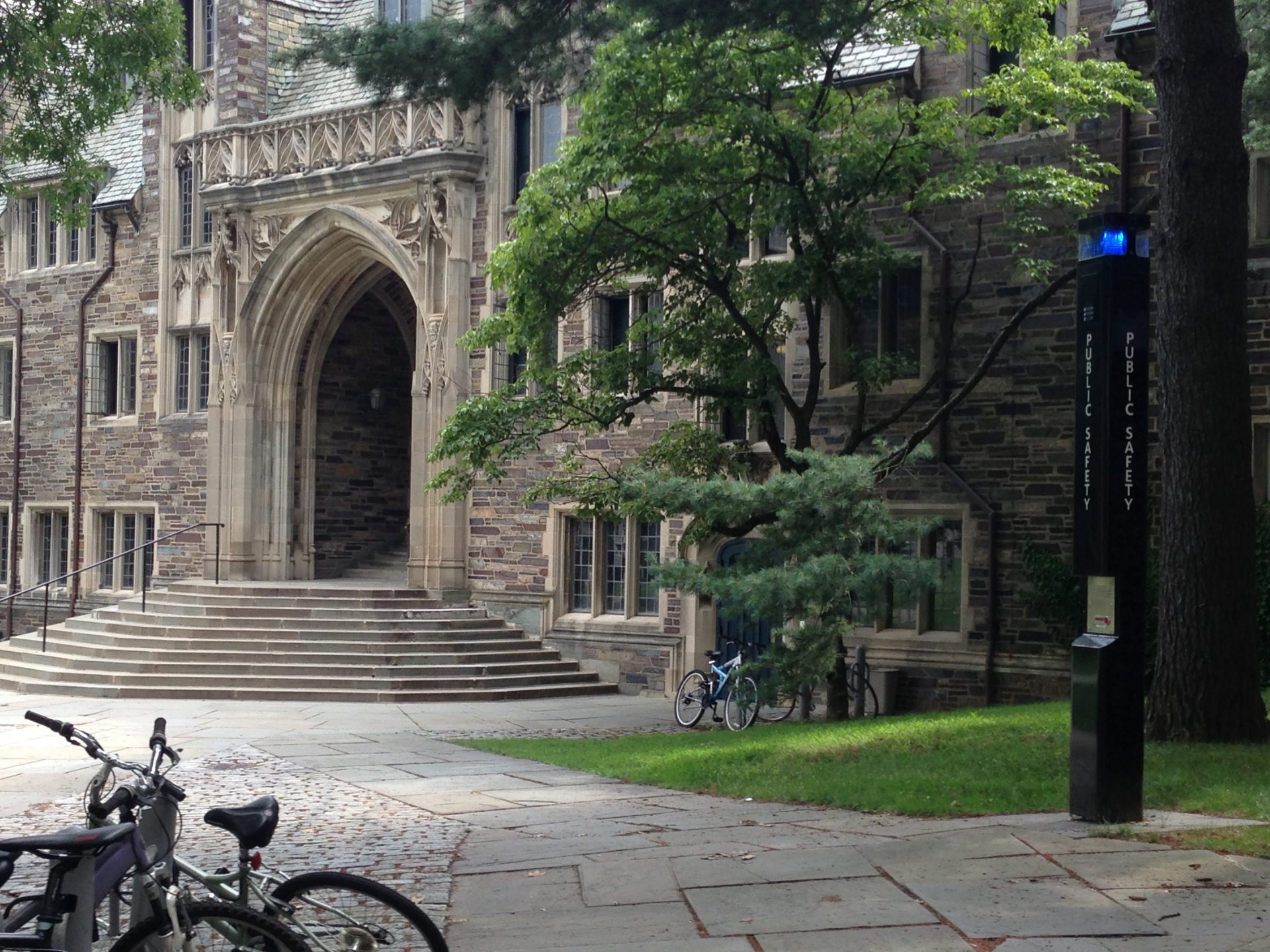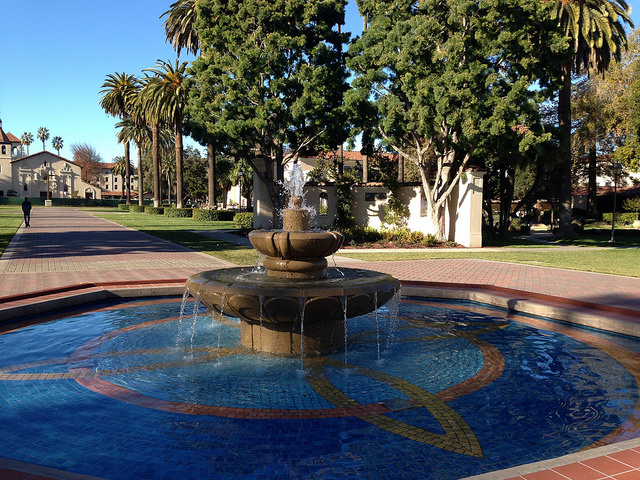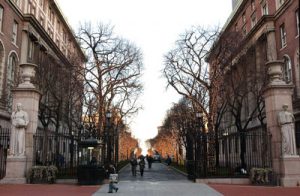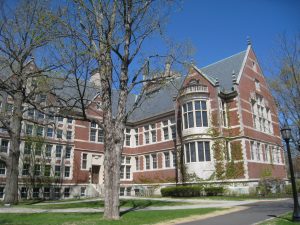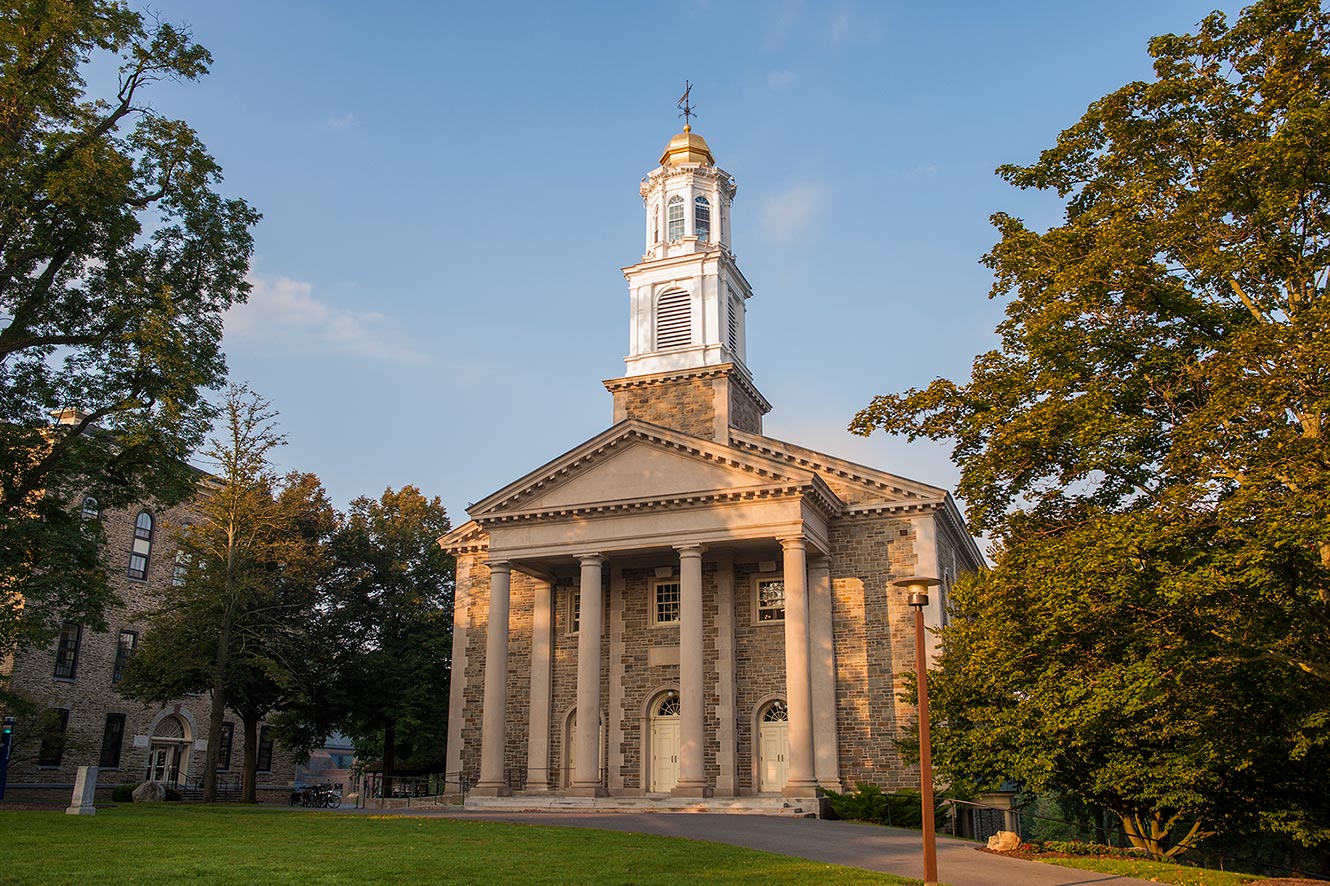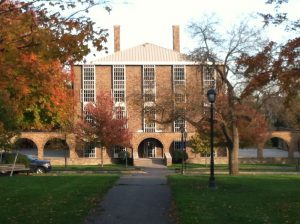Union College is known for its interdisciplinary studies and study abroad programs. To emphasize creativity in its engineering programs, Union supports STEAM (with arts). During my visit there, I was most impressed with the high rate of graduation for women in the sciences and engineering. Union has a rather unique program in Siberian Russia which combines Russian studies and environmental studies. Building on a strong sense of community, all faculty, staff, and students are assigned to a “house” which is a space for them with seminar room, programming and community. (Upperclassmen can live in the house.)

Here are a few quick facts about Union College:
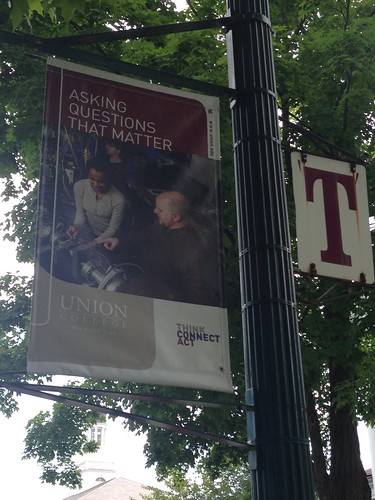
Acceptance: 38%
Freshmen from out of state: 75%
Most popular majors: economics, biology, psychology
Housing: Guaranteed housing freshman year
4-year Graduation rate: 80%
Academics: “Union has outstanding academics.” says a freshman. Union operates on a trimester system, which means thrice-a-year exams and a late start to summer jobs—but also the opportunity to concentrate on just three courses a term. The common curriculum has modern language requirements and 5 writing across curriculum courses within the 7 distribution areas. Engineering majors must declare by the end of freshman year – bio-, mechanical, electrical, or computer. Union also provides wonderful opportunities for students to study abroad. One program allows students to study for a term in Siberia, Russia, delving into Russian and environmental studies. The professors here at Union are simply wonderful.” says another student. Students can expect to see full professors at the lecterns rather than TAs.
Social: “The majority of social life is on campus,” says a student. Campus events also include comedians, concerts, and speakers. What Schenectady lacks can be found in Saratoga Springs, which boasts restaurants, jazz clubs, horse racing, and Skidmore College, or in the nearby Adirondacks and Catskills. Popular road trips include Boston, Montreal, New York, and the ski slopes of nearby Vermont. Union’s athletic teams compete in Division III, aside from men’s and women’s ice hockey, both of which are Division I.
Financial: Although the tuition and fees are approximately $62,274, Union College offers grants and need-based financial aid, with the average need-based scholarship of $32,000. 100% of need is fully met, although the Union is need-aware. Union does not combine merit and need-based aid.
What do you think about this college? What else would you like to learn about it? Please post your comments below.


